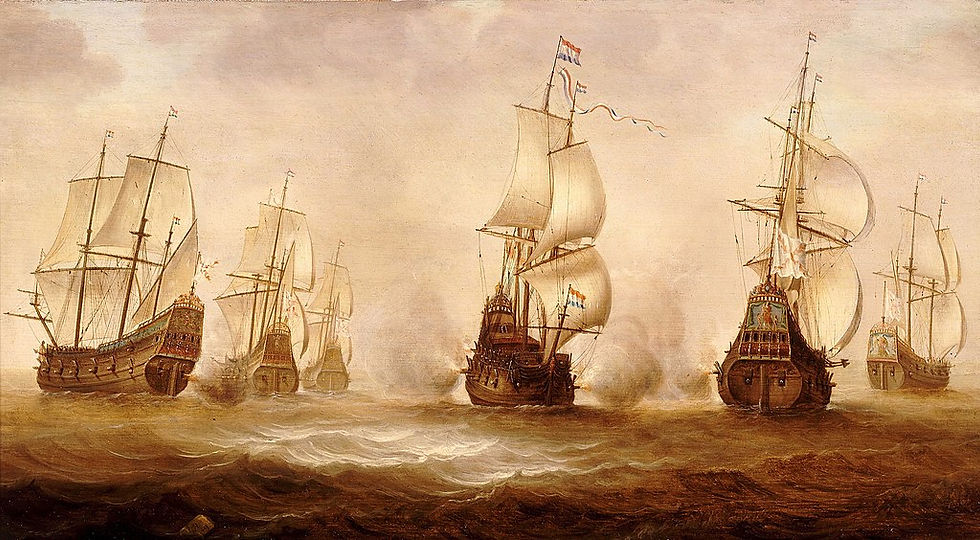Slang Names for Police Officers
- Nov 9, 2019
- 2 min read

Detective Inspector Hunter Wilson is the main protagonist of my debut crime novel 'Hunter's Chase' that is to be published by Crooked Cat Books on 02.02.2018. When I was writing the book, I had to consider various words that are used to describe police officers by those people in Scotland who are not members of the force.
The oldest ones I came across were 'bobbies' and 'peelers'. The metropolitan Police Force in London, England was established by Sir Robert Peel who lived from 1788-1850. He served as a member of the Conservative party and was Prime Minister of The United Kingdom twice: The first time from 1834-35 and later from 1841-1846. However, it was when he was Home Secretary (1822–1827), that he reformed and liberalised the criminal law and created the modern police force, leading to a new type of officer known in tribute to him as "bobbies" (Bobby being a contraction of his first name, Robert) and "peelers" (an obvious corruption of his surname).
Another common slang term for police officers in Scotland is "copper". There is a common but mistaken belief that it refers to the police uniform's buttons or badge being made of copper, however, it was originally used in Britain to mean "someone who captures". In British English, the term cop is recorded (Shorter Oxford Dictionary) in the sense of 'to capture' from 1704, derived from the Latin capere via the Old French caper. The term "copper" is often abbreviated to "cop".

"Filth" has moved from literature to common usage in the United Kingdom. In fact it is normally used as "The Filth", meaning the police. The inspiration for this is the novel by Scottish author Irvine Welsh, "Filth". Another slang term for police officers is "fuzz" or "the fuzz". This term also found its way into art as the title of the 2009 comedy film "Hot Fuzz". "Plod" or "the Plod" is another nickname for police officers that finds its source in British fiction. In this case, the children's author Enid Blyton wrote stories about her character Noddy who lived in Toytown where Mr Plod was the policeman.
The phrase "the long arm of the law" is probably the source of the slang term for the police "the law". The idea of the phrase is that no matter how far they run, all criminals are eventually caught and prosecuted successfully. Certainly, my characters DI Hunter Wilson and the members of his team are keen to ensure that this was true.

"Pig" is another derogatory term for the police in common use in Scotland. It was frequently used during the 19th century but disappeared for a while, and reappeared during the 20th and 21st century. It became frequently used again during the 1960s and 1970s in the underground and anti-establishment culture. However, in Glasgow, Scotland the term "polis" (with the emphasis on the 'o') is common too. As my novel 'Hunter's Chase' is set in Edinburgh, I avoided that Glasgow slang.
There are certainly many slang terms and nicknames for police officers in use in Scotland, most of them are derogatory and used freely and interchangeably by those outwith the police force.
Val Penny







Comments